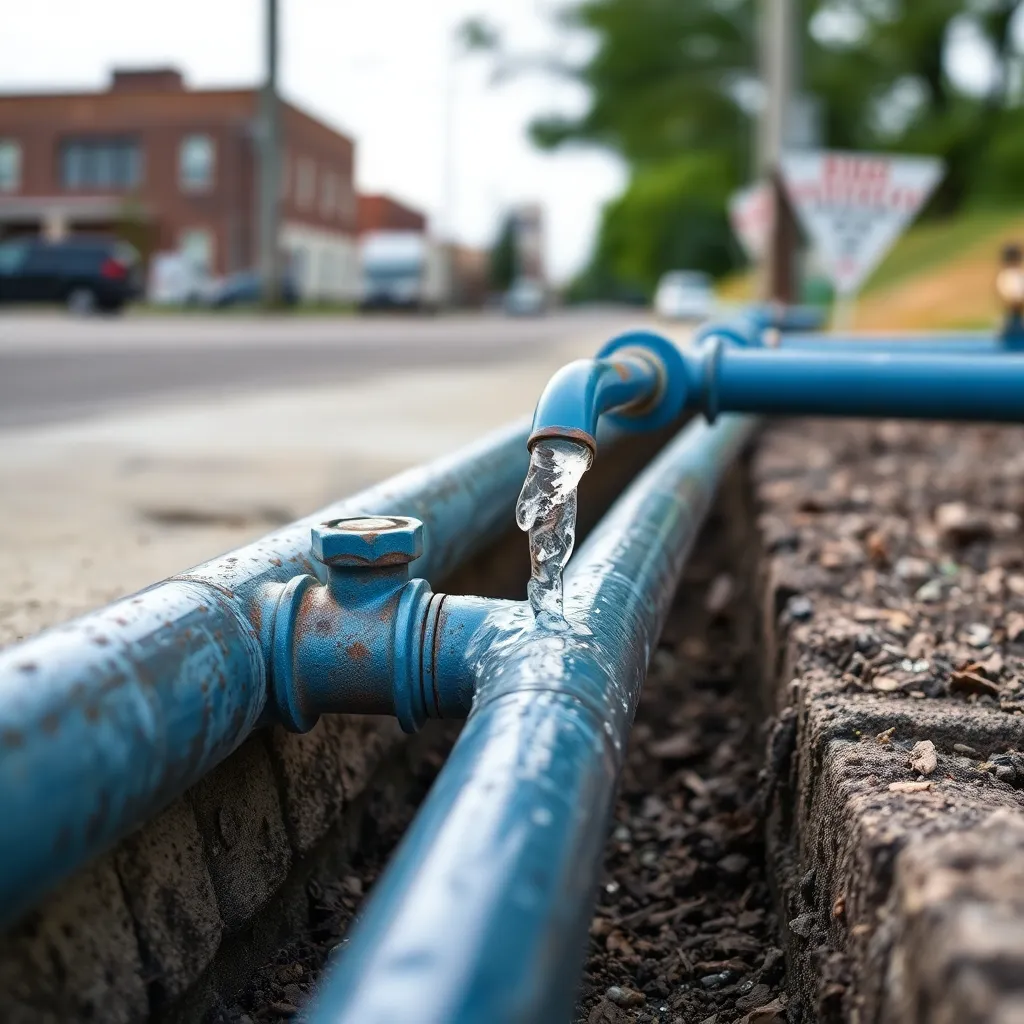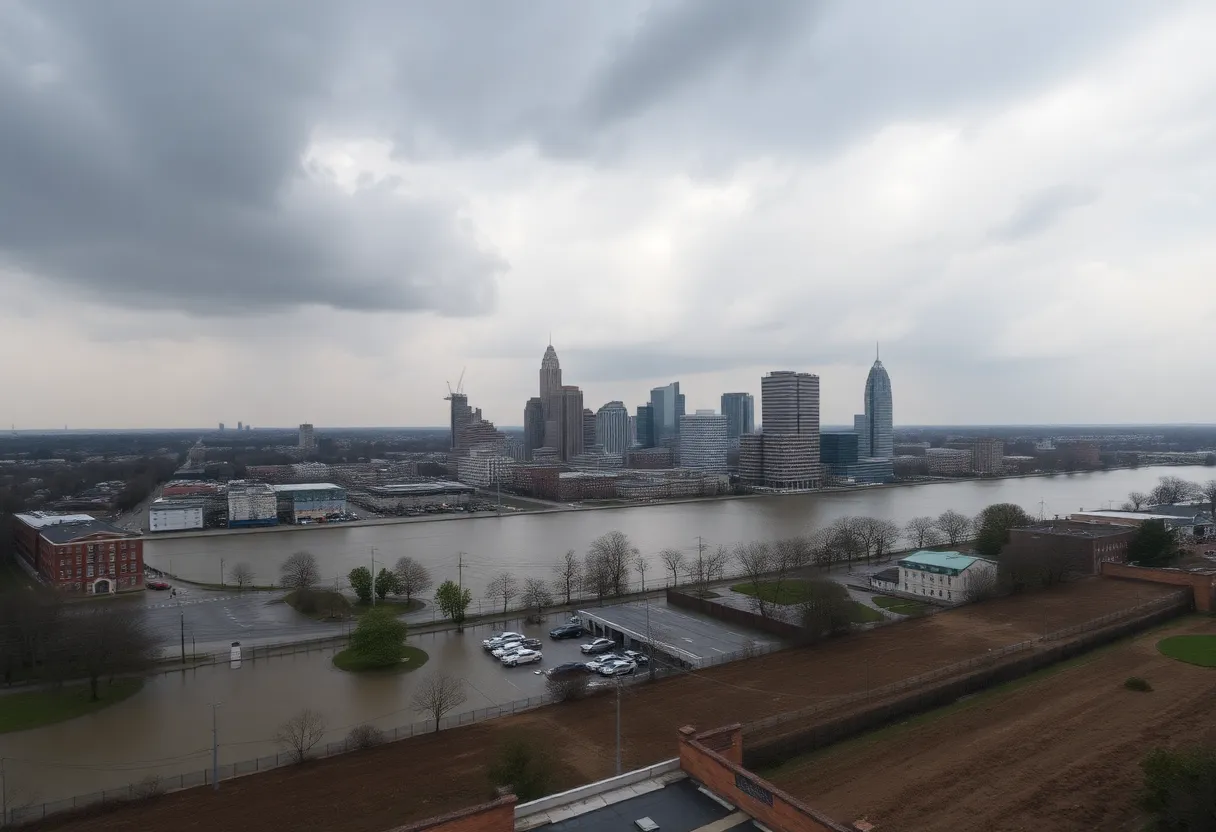Memphis Takes Bold Steps to Eliminate Lead Service Lines
Memphis has been making significant strides in ensuring its residents have safe drinking water. Since 2012, the local utility, Memphis Light, Gas and Water (MLGW), has successfully replaced over 9,000 lead service lines, and they are far from done. With recent guidance from the Environmental Protection Agency (EPA), MLGW is gearing up to tackle the remaining lead lines with a goal to replace all of them within the next decade.
A Head Start on Safety
Just last August, MLGW submitted an updated inventory of lead service lines, managing to meet the EPA’s deadline a full month early. “What I credit this to is that the entire MLGW team has ‘bought into’ this idea that it is imperative that we remove the lead service lines. We knew this was coming,” said MLGW President and CEO Doug McGowen.
With comprehensive knowledge already in hand about where the lead lines are located, MLGW is maneuvering to adhere to the latest Lead and Copper Rule Revisions. This means they will be rolling out a 10-year plan that utilizes a mix of federal, state, and local funding to get the job done.
Helping the Community
MLGW isn’t just stopping with public service lines; the agency plans to take it a step further by addressing private service lines as well. “While the EPA did not mandate us to replace any on the private side, we are choosing to put a program in place to help our customers who need it on the private side, because we think it’s the right thing to do for our community,” McGowen emphasized.
This proactive approach is essential considering that lead service lines have historically been banned in Memphis since 1955 on the customer side and by the state of Tennessee since 1988. However, many older homes still have lead lines, particularly in parts of the city where rental properties are prevalent.
The Challenges Ahead
One of the challenges MLGW faces is the high number of rental properties, making it tricky to obtain permission from property owners for line replacements. “Getting owner permission to get on the property… we have a lot of limited liability corporations out there,” mentioned McGowen. These issues underline the importance of a rental property registry that would help MLGW connect with homeowners directly.
Moreover, there’s a worry that the costs associated with replacing lead service lines might get passed on to renters, thus raising their living expenses. MLGW is considering how to incentivize property owners to take swift action without burdening tenants financially. Potential legislative measures could be on the horizon to facilitate this change.
The Financial Roadmap
Funding for this ambitious plan comes from various sources, including federal, state, and local dollars. MLGW is set to apply for $10 million over the next decade from the Drinking Water State Revolving Loan Fund. Given that Memphis may qualify for up to 50% of this loan to be forgivable due to economic challenges, the financial landscape looks promising. Additionally, they’ll utilize $5 million from the American Rescue Plan Act and another $5 million from their own budget.
Even with a projected total of $110 million over the next ten years, McGowen acknowledged that this would only cover a portion of both public and private lead service line replacements. MLGW is actively searching for additional grants and collaborative opportunities with local organizations to maximize their funding.
The Next Steps
As MLGW tackles this significant task, the focus remains on multi-faceted planning. A pilot program is being developed to assist those who may struggle to afford line replacements, helping to smooth the transition as they roll out their plans. “We wanted to put a program in place for customers who are either age or income-qualified, such that they can have assistance removing lead service lines on their side of the meter,” McGowen noted.
This initiative not only promises safer drinking water for all residents of Memphis but also presents an opportunity for economic growth. MLGW envisions engaging local plumbing businesses to participate in this large endeavor, creating jobs and boosting the local economy along the way.
Conclusion
With every effort to eradicate lead service lines, Memphis is stepping into a brighter, healthier future, one pipe at a time. The actions taken today will pave the way for safer drinking water and a healthier community for generations to come.







